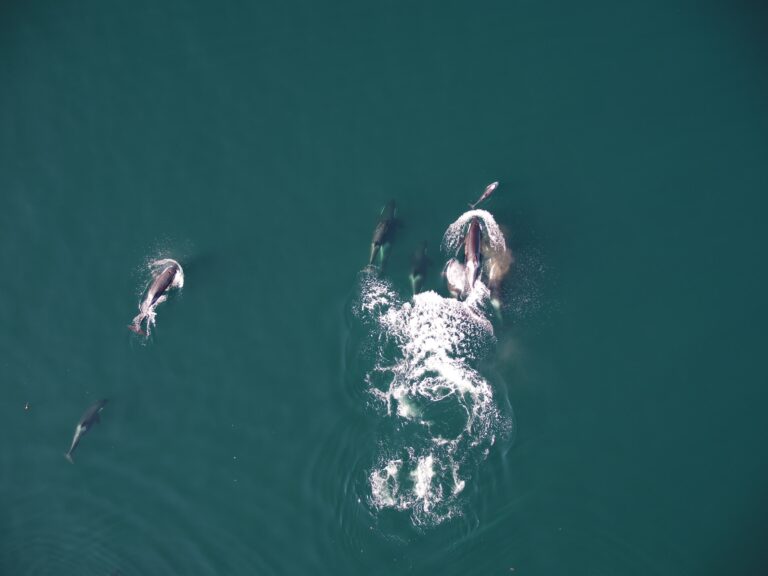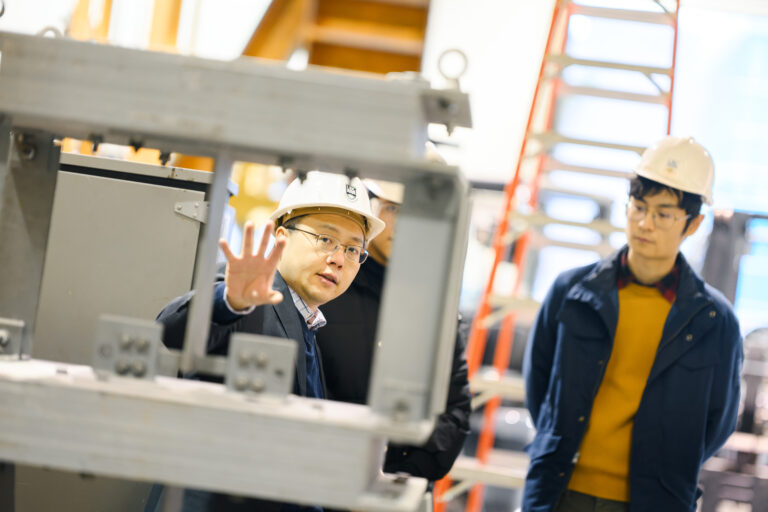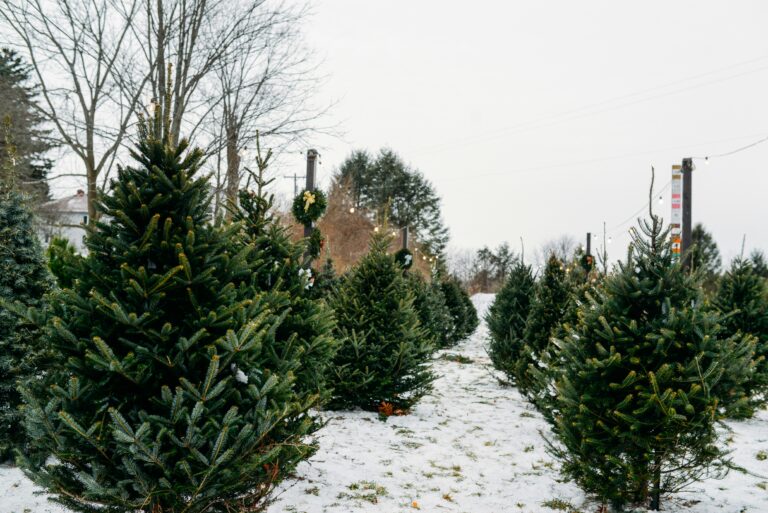Climate & Environment
-

UBC lecturer plays a pivotal role in strengthening Mozambique’s ability to tackle deforestation
UBC faculty of forestry and environmental stewardship curriculum in action, helping countries access funding to address climate change and biodiversity loss.
-

UBC-led partnership tackles cattle methane with cost-saving tools for farmers
Pushing the economy forward: Cutting methane in beef and dairy industries can slow global warming while helping Canadian producers stay competitive.
-

Breaking down research silos to understand a shifting Salish Sea
The Sentinels of Change Alliance shows what’s possible when collaboration is a foundation, not an add-on.
-

How changing your diet could help save the world
UBC research shows nearly half the global population—and almost all Canadians—must change their diets to curb climate change. Discover simple steps to reduce food emissions and help keep warming below 2°C.
-

UBC spin-off companies tackle climate change and drive economic growth
Pushing the economy forward: Research-based climate solutions are helping Canada compete in the global low-carbon economy.
-

Orcas and dolphins seen hunting together for the first time
For the first time, killer whales and dolphins were seen teaming up to hunt salmon off B.C.’s coast—a surprising alliance that could reshape our understanding of marine predators. Read how researchers uncovered this extraordinary partnership.
-

Canada needs 22 million homes fast. UBC and partners are delivering solutions
Pushing the economy forward: UBC’s joint efforts with industry and local communities are accelerating housing solutions, lowering costs and creating jobs.
-

15 ways UBC researchers broke new ground in 2025
Here are 15 highlights showing how UBC researchers and key partners advanced knowledge, technology and real-world solutions in 2025.
-

How warming winters could reshape B.C.’s Christmas tree choices
Forest geneticist Dr. Sally Aitken explains how warming winters, droughts and pests could change which species thrive—and what that means for holiday shoppers.




